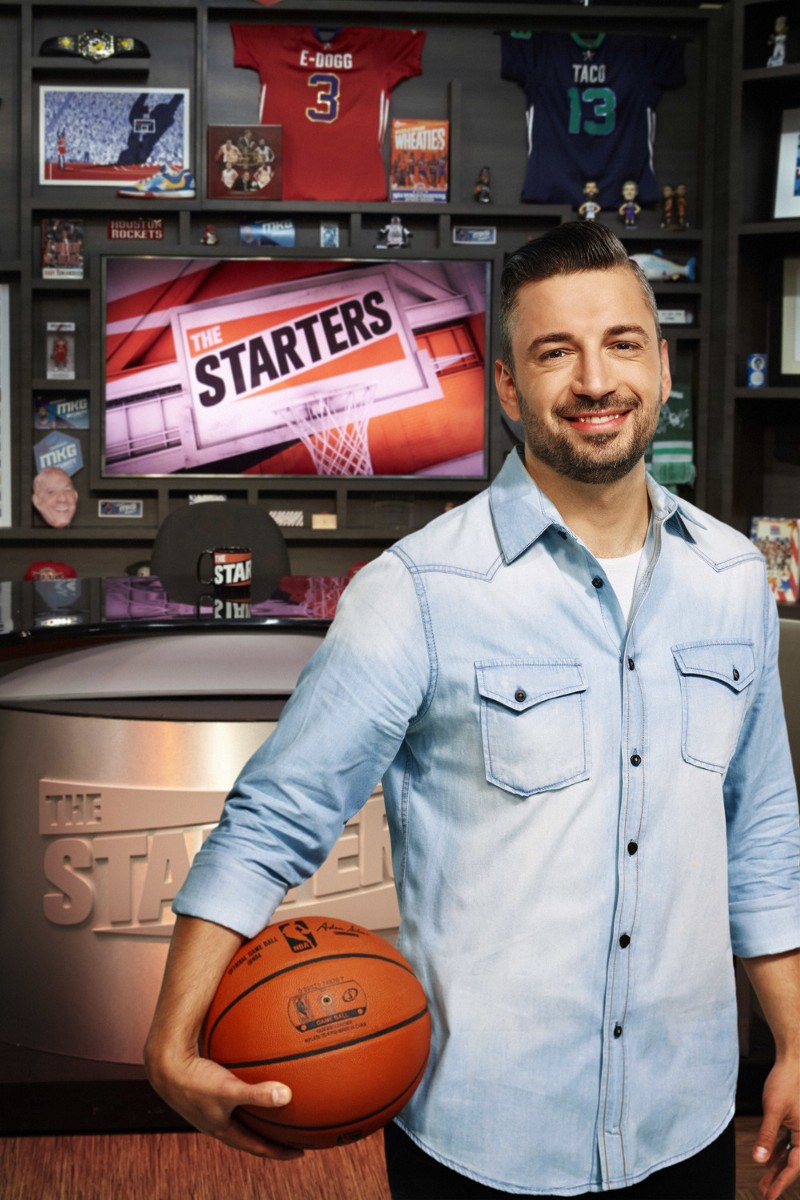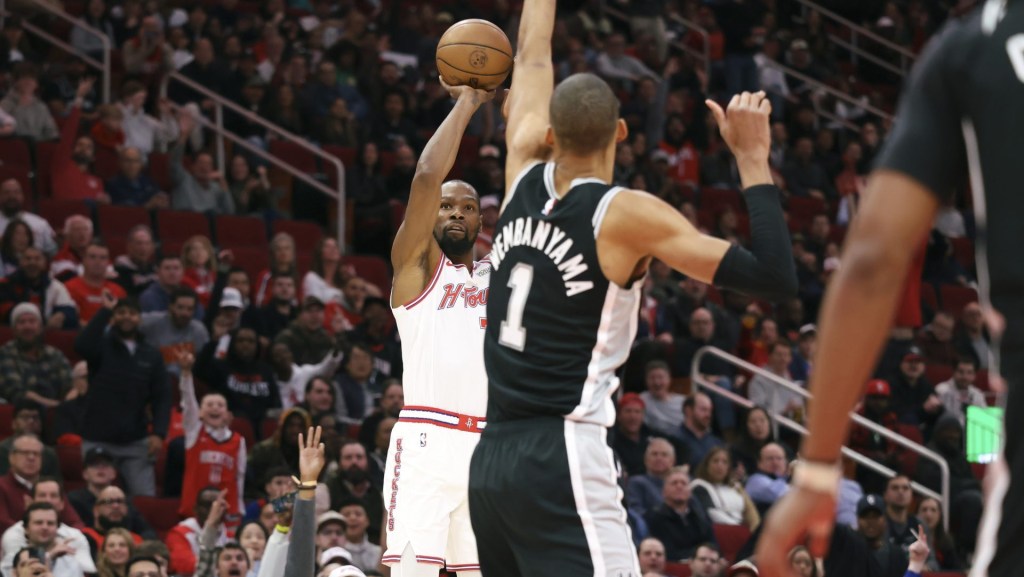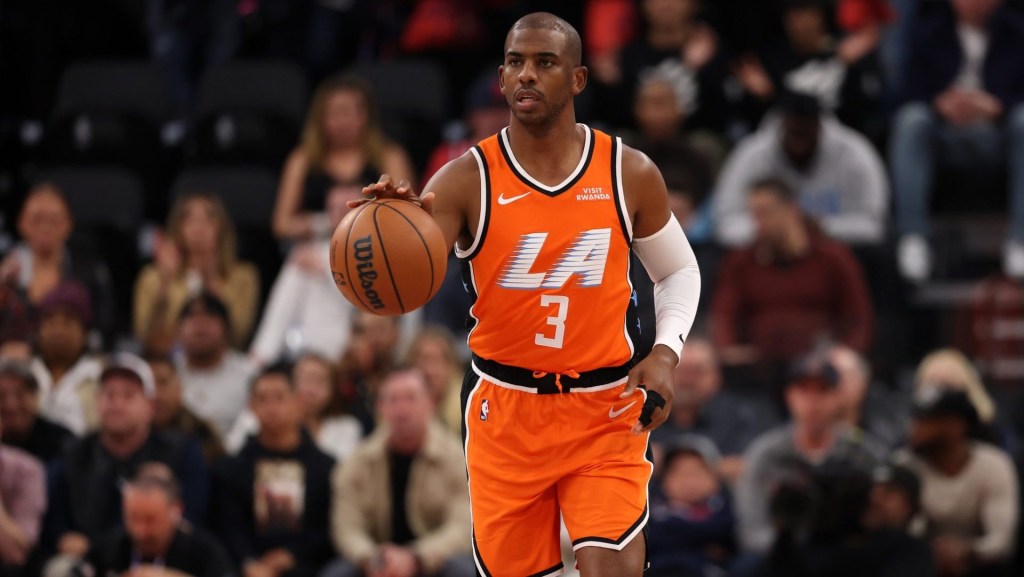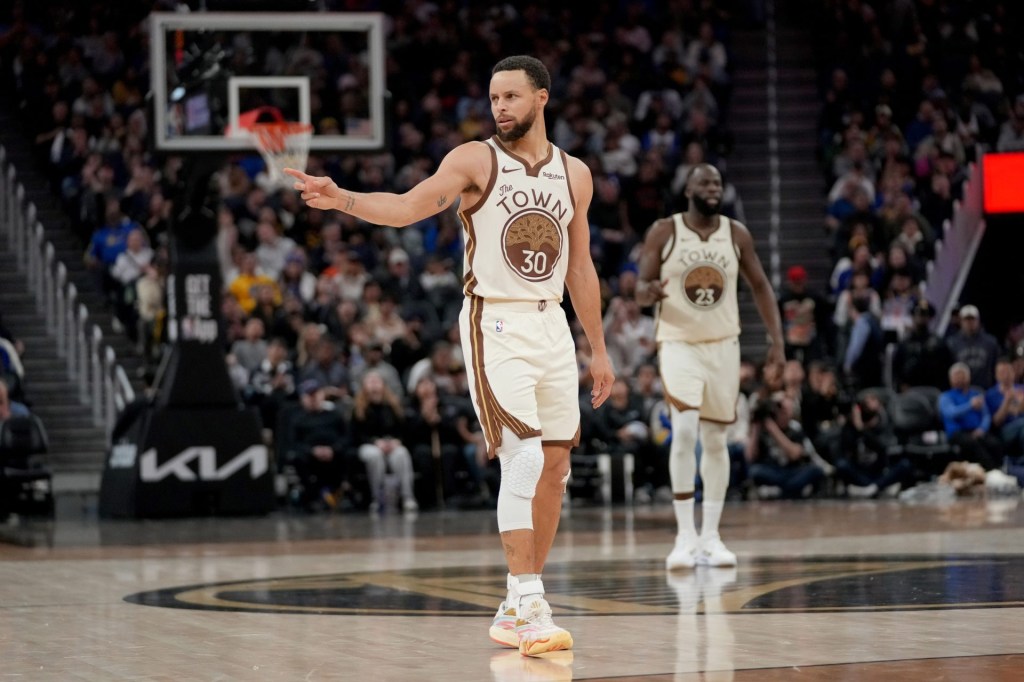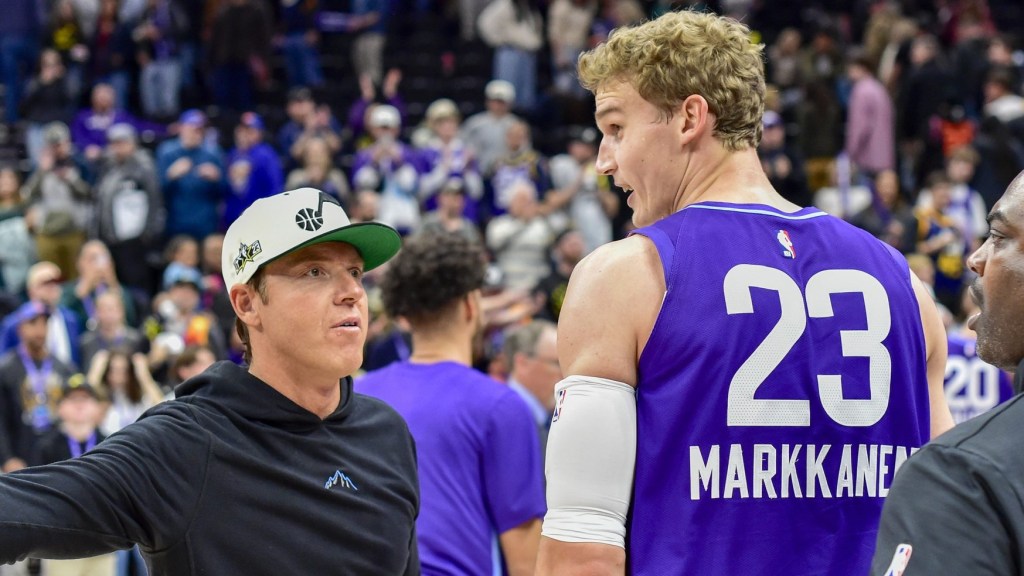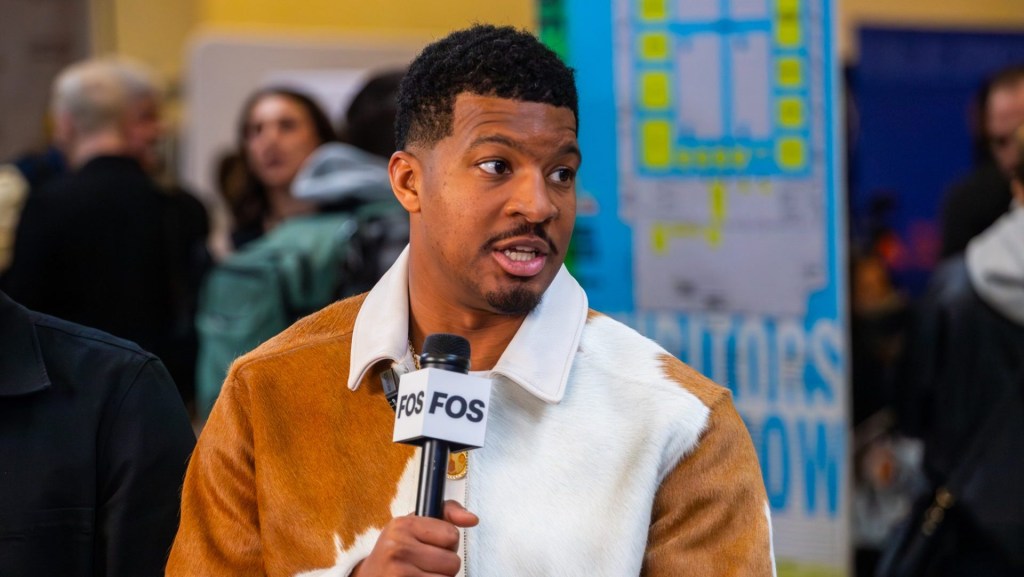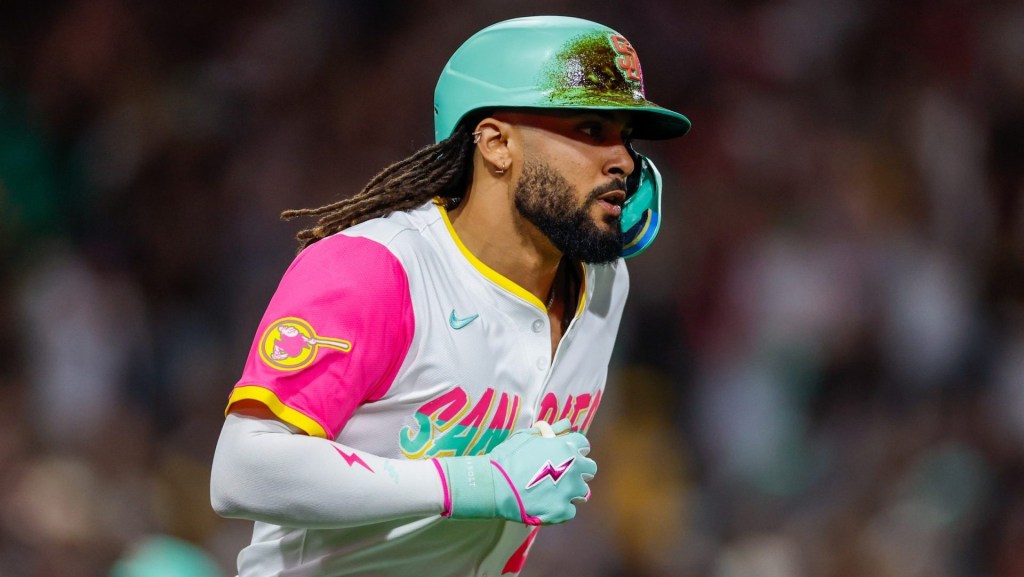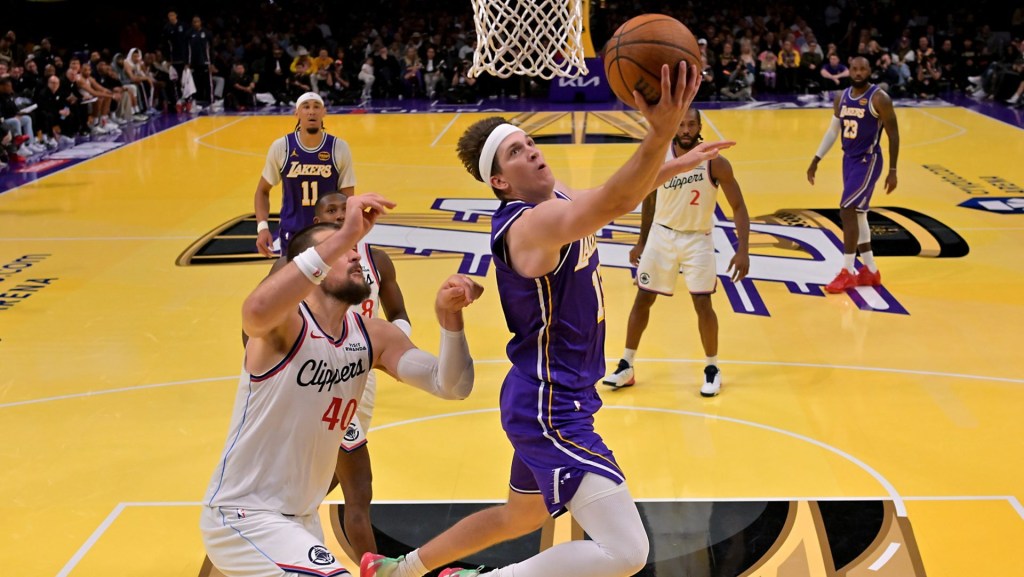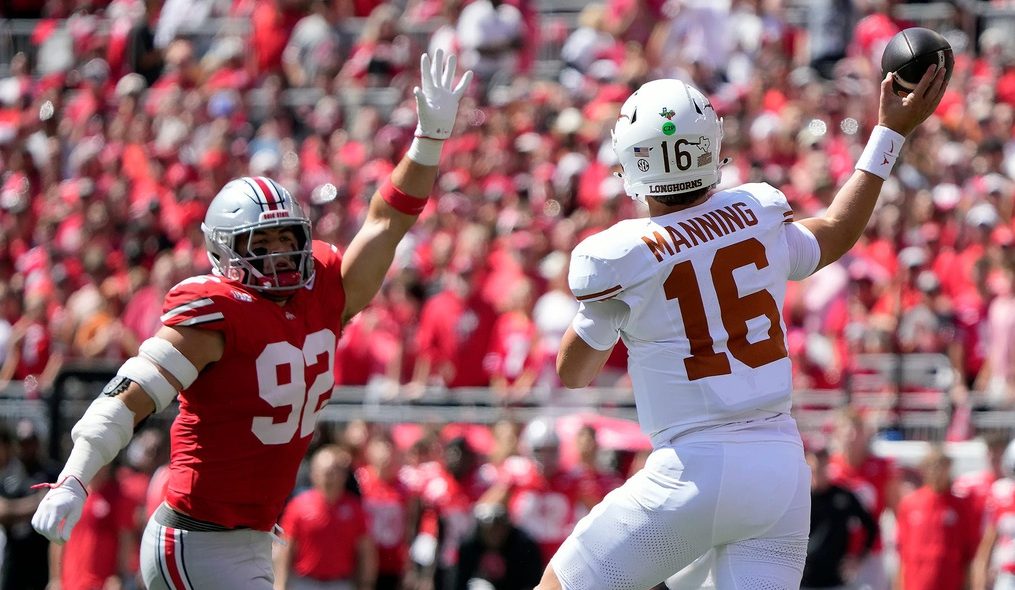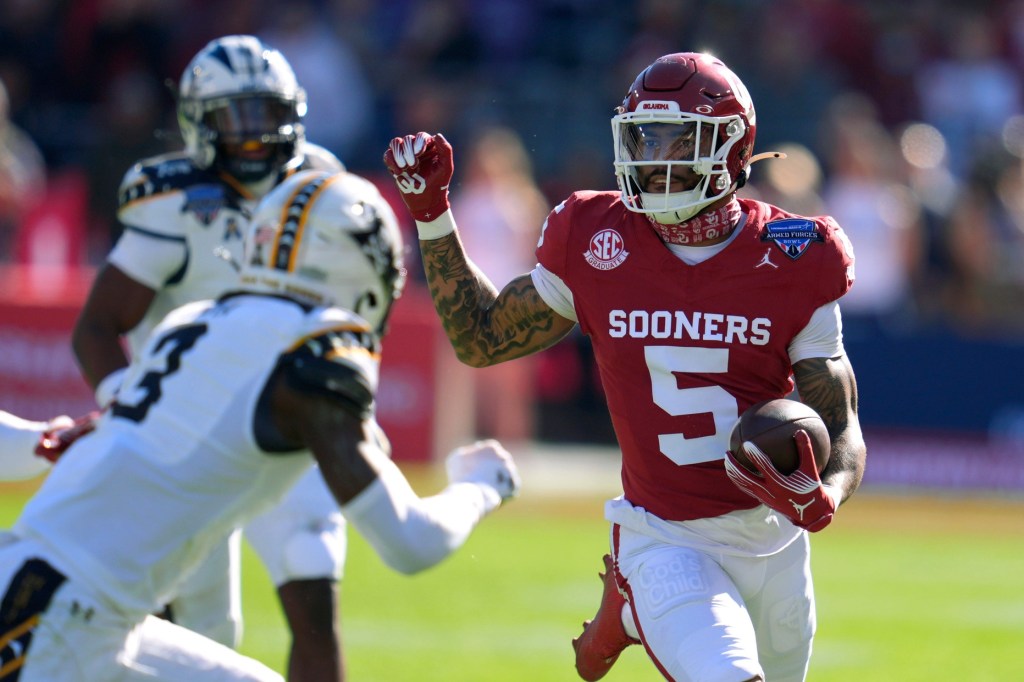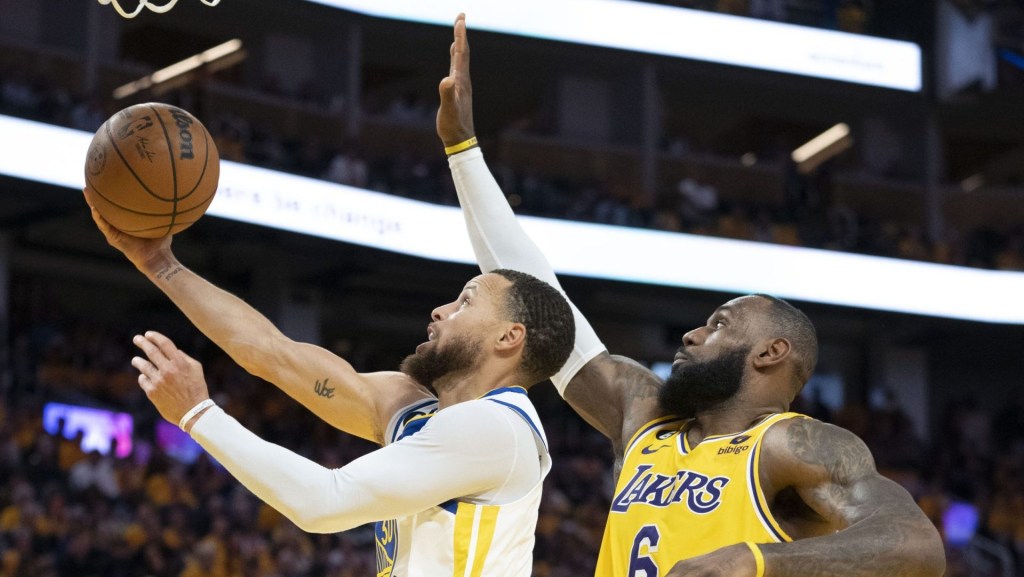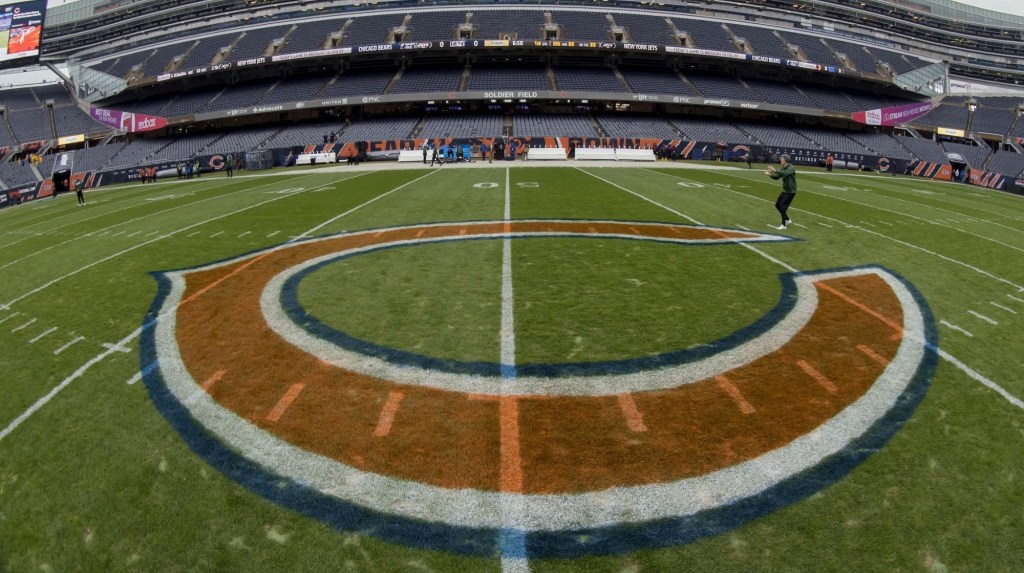By: Adam White, @FOSAdam

Front Office Sports is proud to have sat down with Tas Melas, Co-Host of The Starters on NBA TV. From humble beginnings as a podcast done in between day jobs, Tas and the rest of The Starters Crew took the everyday fan approach and created one of the most unique and popular sports podcasts and TV shows, something Tas never anticipated when they first started.
“I never envisioned being where I am after starting where we started. We were out of school in 2005 and we wanted a creative outlet outside of our day jobs and that’s how this all began. Our mentality of ‘Head down and just work’ was a major part of what got us to where we are today and without that mentality, none of this would have been possible.”
Getting the show to where it is today took time and sacrifice, a sacrifice that would span the course of four years.
“After it found a tiny bit of success in the Internet world, the next question was: ‘What can we do next to make this the best possible show it can be?’ The first step was to go daily, and even though we weren’t getting paid for four years, and even though getting up early every day took a toll on us, we got here because of that hard work.”
Tas credits the chemistry of those who started it along with their willingness to push each other throughout the toughest times as a reason for the team’s success.
“The three of us who started the show (J.E. Skeets, Jason Doyle and Tas) were joined by another friend, Matt Osten, who we had worked with at our alma mater. Matt really triggered the business side of things by knocking on the right doors and putting what we did in front of the right people.”
“It worked because we got to know each other at school, we were friends, and most importantly, we shared the same ideas and visions. That relationship and chemistry transferred to the real world and every decision was about the making of the show and making it better.”
“We had the right mix of people, we buried our heads and worked and worked and worked.”
It also didn’t hurt that they jumped on a technology that was in its infancy when they began.
“At the same time, we jumped on a technology in podcasting that was just emerging in 2006, especially in the sports world, and we were able to be stay at the forefront of that movement.”
Because it was tough work, they realized that they had to make annual tweaks to the show in order to stay fresh.
“The show remained interesting to us because we changed something every year while we weren’t getting paid.”
“We took breaks in the summer and, for creative people, that was such an important key. It allowed us to get away, recharge, refocus and refresh the show.”
As with any success story, there are plenty of failures and missteps that have occurred along the way, but it is these moments that have helped them grow and become stronger on both mediums.
“One big issue with us, at least recently, is that we were getting paid to do a TV show, but we wanted to continue podcasting because that is who we are. We tried to combine the two and it didn’t really work. We thought we could pick from the best of both worlds and make one show but it fell flat. We learned we had to separate them and are very pumped with the outcome.”
After working for four years without being paid, their first break came when The Basketball Jones (which was the original name of the show) was picked up by Score Media in Canada. They would go on to spend three and a half years with theScore until 2013 when they made the move to the States and became a staple on NBA TV.
“We have faith in the people that we are working with and working for. The NBA is a very progressive and forward thinking organization in terms of social and digital and because of that track record and their commitment to us, we were all-in.”
“This was an unprecedented move in the sports world because we moved 14 people in total, including co-hosts Trey Kerby and Leigh Ellis, so of course there was some hesitancy, but with the NBA being the NBA it made the transition easier.”
Since day one, their goal was to create the best possible show and, even though it was tough to leave their home country, professionally it made the most sense.
“The US offers opportunities in sports that Canada just can’t and with our goal being to make the biggest and best show possible, heading south for us was the next step in that evolution. Everyone had our backs and the transition has been very easy.”
Looking back, none of this would have been possible without the evolution and popularity of podcasts, something that Tas believes is far from over.
“Although there are so many people jumping into the podcast world, I still don’t think we have reached the pinnacle of podcasting. The quality of podcasting is good, but it can always be better, shows can always be better and content can always be better.”
Tas also believes that the simplicity of finding a podcast along with the way it fits into the millennial culture is a reason for its continued popularity.
“It is just so easy to find and use and there are so many out there that people can listen to anything they want.”
“Podcasting fits in with the YouTube world where people want to listen to and learn from their peers- not necessarily a broadcaster or someone famous. It’s all about how it relates to the everyday person.”
Beyond the power and popularity of podcasting, Tas credits the growth of the show and his personal and professional brand to social media.
“Social media is free marketing. We would not have had the success we’ve had without it. It is hard to encapsulate its importance to us as it helps us in numerous ways. The first is that it confirmed that we are actually real people and real fans who enjoy dissecting basketball.”
“Another is the professional relationships it helps create. We’ve developed and cultivated relationships on social media. So many people get jobs because of it — if you embrace it and treat it correctly as a professional ground, good things will come from it. You never know where your social interactions will lead you. Each person builds a reputation on social media. Your social media footprint is so important.”
Even though looking back, Tas wouldn’t do much differently he did have some words for his younger self.
“I would tell him to practice his skills more. You have to practice like it’s your sport. The idea of a five-tool player in the sports media world is quite prevalent, so while the idea of having that one strength and one tool is good and all, there is nothing wrong with dabbling in other things to become more well-rounded. As you see nowadays, media companies are hiring one person to do a few things.”
Knowing how important it is to be open to all opportunities to build one’s career, Tas stressed that you have to be willing to say yes, because you never know what can come of it.
“Always say yes to opportunities. You should never say no to any reasonable opportunity if you can because you never know what can come of it.”
“A perfect example of this was when I was in college and I was getting Don Cherry coffee during Hockey Night in Canada. Because I worked my butt off, I ended up going to the 2004 Olympics as a runner and as someone who watched and clipped basketball games.”
From a coffee runner, to a part-time podcast host, to a full time NBA media personality, Tas’ journey has been one of hard work and long nights, but one he wouldn’t change for the world.
